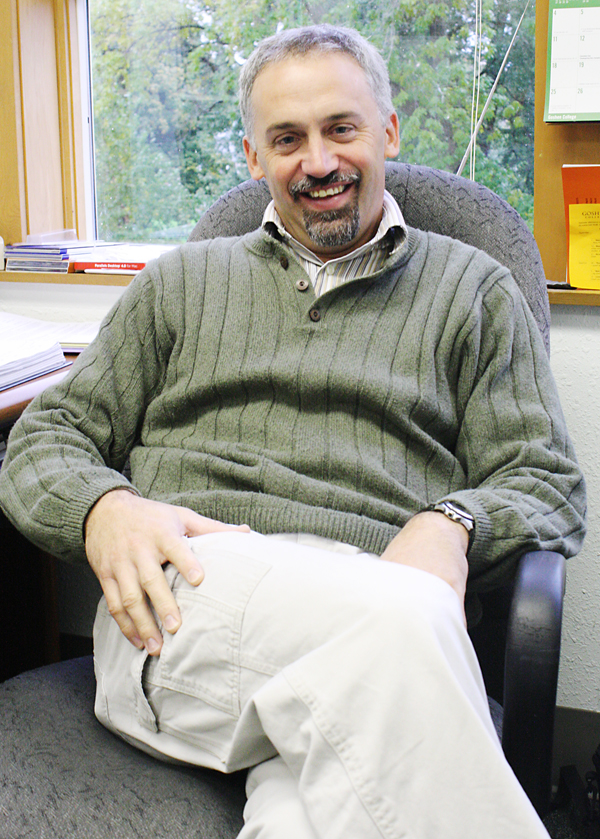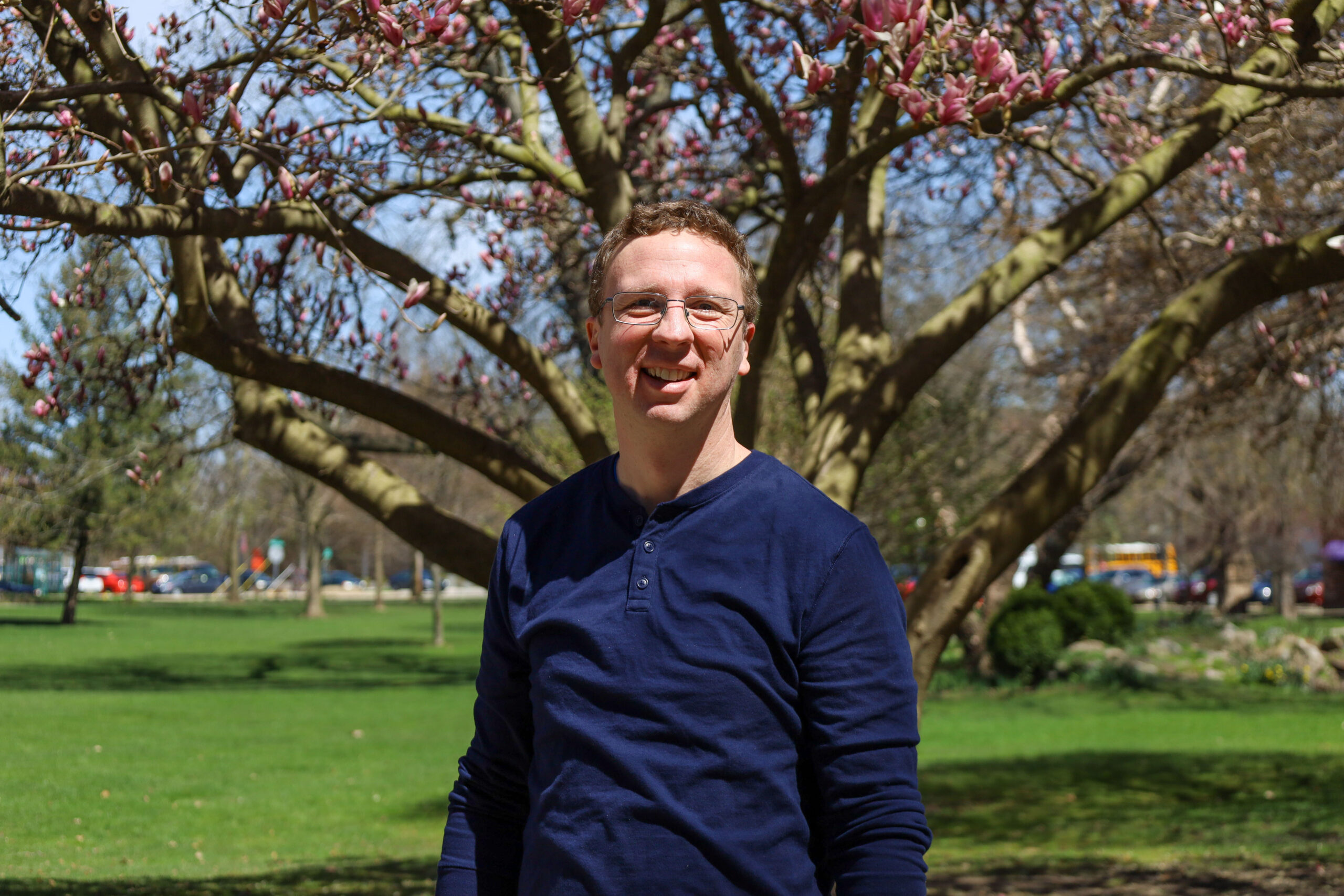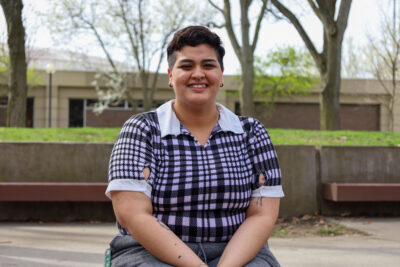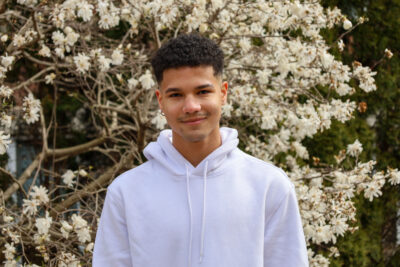In Kazakhstan they are climbing a mountain. In Kenya they are planting trees. In Mongolia they are cleaning up garbage. In Somalia they are organizing a solar cookout. In Goshen they are marching to city hall.
These five events mark the International Day of Climate Action on Saturday, October 24th and are five of 2248 other similar events in 152 different countries. It is an event inspired by Bill McKibben, author and leader of 350.org, which is a grass-roots campaign to draw political attention for the need to reduce carbon dioxide levels in our atmosphere.We live in interesting times. No matter what your views on climate change, we are experiencing a climate of change. Maybe the historians can help us– when was the last time an issue rallied global attention and nurtured solidarity of voices from rural villagers to the presidents of nations? The rarity of a grassroots effort that simultaneously spans more than 150 countries marks two notable attributes of the human condition.
Firstly, this call to action is indicative of a serious problem. Our unrestrained commitment to “more” has given us less. We have more wealth, more medicine, more leisure and more stuff than in any other time in history. This has created less stability, less peace and fewer resources for most every other person on the planet. As an example, the United States makes up 4% of the world’s population but produces 20% of the globe’s CO2 emissions. Climate change is a symptom of humanity’s tendency to bend nature (and fellow humans) to its will.
But wait! October 24th also represents our finest hour. For the first time in perhaps all of human history, there is a communal call for “enough.” Despite the reasons to remain silent, to be skeptical of change, and to pass the buck to our children’s children, there exists a glow of energy that is contagious. In Jordan they are collecting rainwater, in the Philippines they are producing biodiesel, and in the Maldives they are holding a cabinet meeting underwater. There is a human creativity, a tenacity to hunt for hope, to envision a world that has enough for all.
I have often wondered why God chose to create us as organic beings, ecologically and inextricably connected to one another and all manner of animal life. Perhaps, by fully learning to live as creatures, we become more spiritual beings. In an age of climate issues, we must acknowledge that we are just one part, at one point in time and space, of a grander system. We are dependent on the parts around us and, for the whole system to work, the individual needs to live in support of “the other.” Norman Wirzba echoes this idea: “Salvation is not a private guarantee to entrance into heaven. It refers much more broadly to the restoration of wholeness and health between and among ourselves, the earth, and God.”
Perhaps this climate of change reflects our ability to be the image of God. I look forward to joining hands with you and the world on October 24th.
Ryan Sensenig is an Assistant Professor of biology at Goshen College. He teaches environmental science classes and is currently supervising two tall grass prairie restoration projects on campus and in Witmer Woods. Sensenig is also involved in planning the 350.org action day at Goshen College on Oct. 24.



